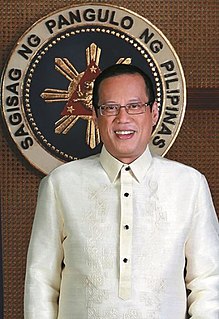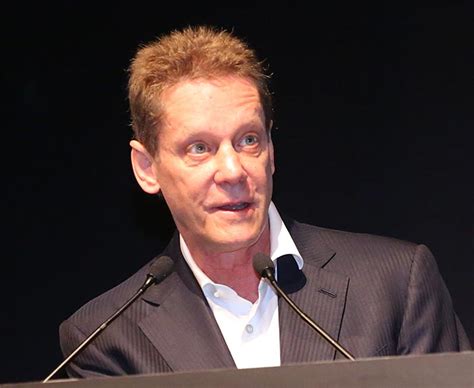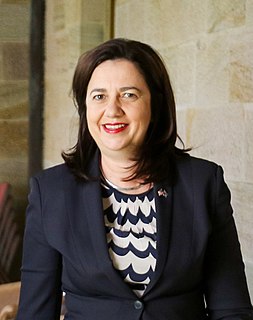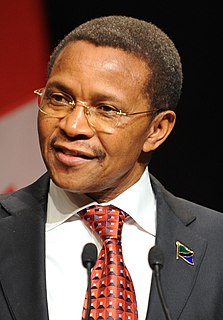A Quote by Bill Gates
Globalization has made copper and other minerals more valuable, and Ghana and Kenya have recently discovered mineral resources.
Related Quotes
The main mineral in your cellphone, coltan [a black metallic ore], comes from the Eastern Congo. Multinational corporations are there exploiting the very rich mineral resources of the region. A lot of them are backing militias which are fighting one other to gain control of the resources or a piece of the resources.
Bolivia also depends not only on tin and other minerals, but also depends on the gas and oil. A rational extraction should be made, taking care of the environment. We should give added value to this natural resource, and generate revenue to fight poverty with more resources, that come from natural resources.
When resources are degraded, we start competing for them, whether it is at the local level in Kenya, where we had tribal clashes over land and water, or at the global level, where we are fighting over water, oil, and minerals. So one way to promote peace is to promote sustainable management and equitable distribution of resources.
We're teaming up with a major Hollywood studio, and we're making a movie called 'Copper.' It's set on Mars in the 24th century. By then we've got 27 billion people in the world, copper is the world's most valuable metal because everything runs on electricity, and there's no more burning of hydrocarbons.
Chocolate is an extraordinary source of key stress-fighting minerals including: magnesium, iron, chromium, vanadium, copper, zinc, manganese, and phosphorus. These minerals favorably influence a woman's hormone system, which explains why chocolate has always been considered important for a woman's monthly cycle.
When you think of all the conflicts we have - whether those conflicts are local, whether they are regional or global - these conflicts are often over the management, the distribution of resources. If these resources are very valuable, if these resources are scarce, if these resources are degraded, there is going to be competition.
I believe that many lives around us now can reflect this strange pattern of migration and movement. The question is: are we aware of it, and do we embrace it as a kind of birthright? I do. And yet, I feel deeply connected to at least two homespaces - Jamaica and Ghana, and more recently, South Carolina.
Each system will depend on resources available, not from the bottom up or top down. In other words, if you put 500 passengers in an airplane that's designed to carry 100, it won't get off the ground. So all decisions are made based upon the physical equipment you're working with, or the environmental resources available. They're not made by Fresco or any other person. They're arrived at by studies and research.
Why do we send valuable items like aluminium and food waste to landfill when we can turn them into new cans and renewable energy? Why use more resources than we need to in manufacturing? We must now work together to build a zero waste nation - where we reduce the resources we use, reuse and recycle all that we can and only landfill things that have absolutely no other use

































